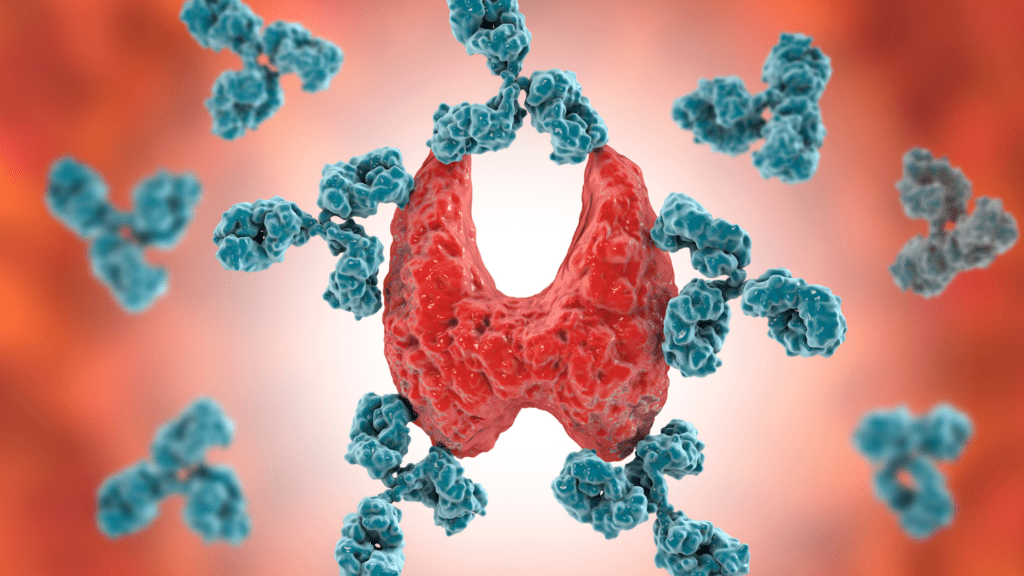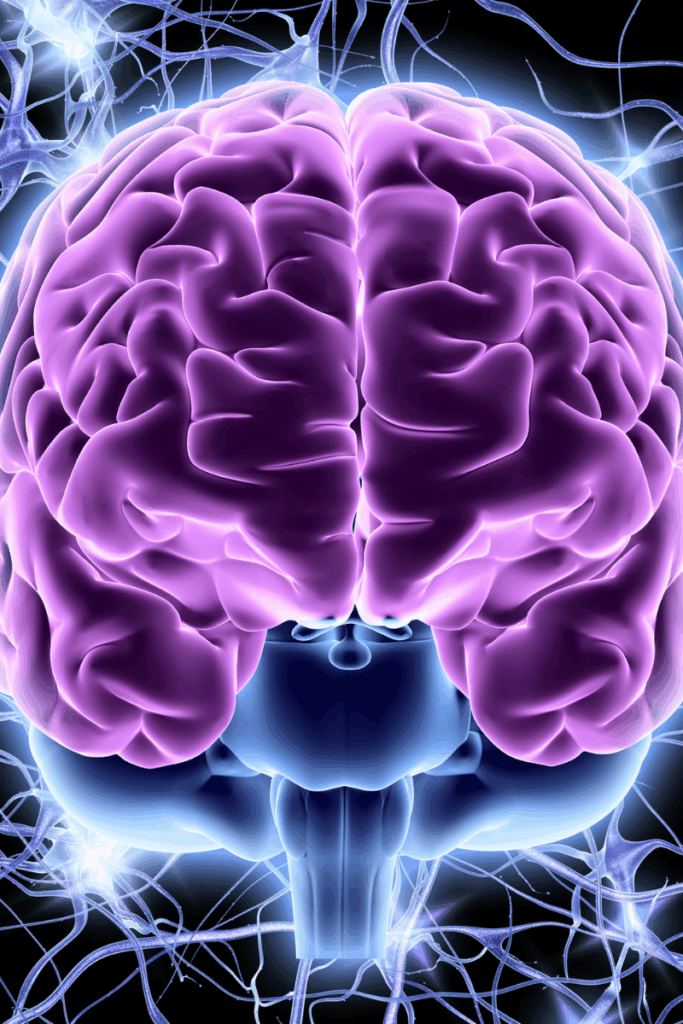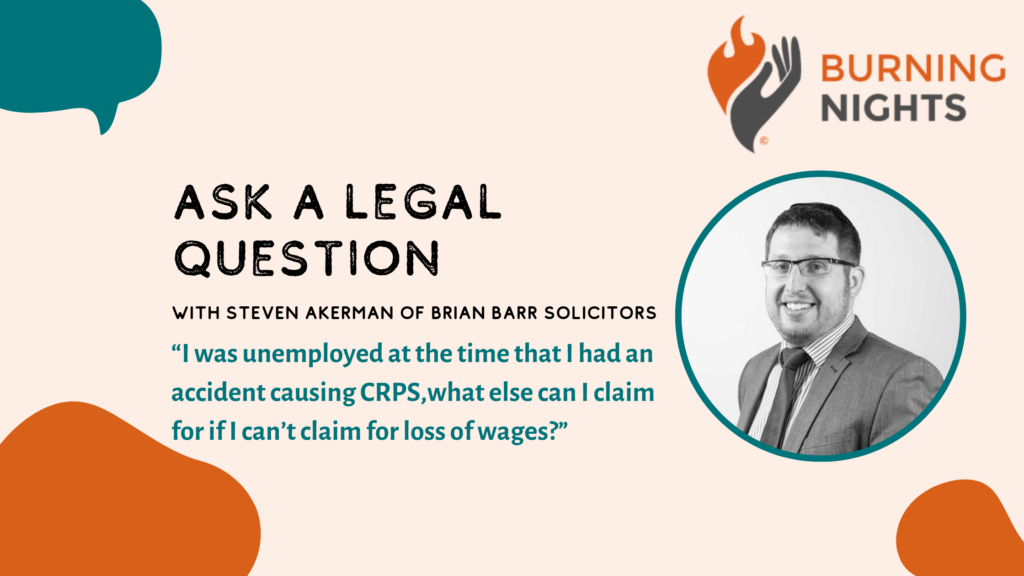Autoimmune diseases happen when the body’s natural defence system cannot tell the difference between your own cells and foreign cells, causing the body to mistakenly attack normal cells. There are more than 80 types of autoimmune diseases that affect a wide range of body parts, with the most popular being rheumatoid arthritis, diabetes type 1, lupus, multiple sclerosis (MS) and celiac disease.
Although numerous studies have shown that fibromyalgia is not an autoimmune disease, research does show that this condition does weaken your immune system by causing various abnormalities and irregularities. There are conflicting studies on fibromyalgia – some show that it originates in the brain, but others show that fibromyalgia is actually a disease of the immune system and that many of the symptoms in fibromyalgia syndrome are caused by antibodies that increase the activity of pain-sensing nerves throughout the body.
Fibromyalgia is a condition that causes widespread pain and extreme tiredness. Symptoms of fibromyalgia vary from person to person, but tend to include:
- widespread pain
- increased sensitivity to pain
- extreme tiredness (fatigue)
- muscle stiffness
- difficulty sleeping
- problems with mental processes (known as “fibro-fog”), such as problems with memory and concentration
- headaches
- irritable bowel syndrome (IBS), a digestive condition that causes stomach pain and bloating
Fibromyalgia can affect people of all ages and backgrounds, but it is seven times more likely to be diagnosed in women than men. The condition tends to develop between the ages of 30 and 50, however, it is not uncommon for it to occur in people of all ages – from the very young to the elderly.
Fibromyalgia is a particularly difficult condition to diagnose and manage, and can have a devastating impact on quality of life. Research is still ongoing, but various reports have proven that fibromyalgia does indeed weaken our immune system:
- fibromyalgia patients tend to have high counts of white blood cells and cytokines (immune cells), which is often observed when a patient is suffering from an infection
- studies show that fibromyalgia weakens the brain’s immune system by reducing the blood flow in the brain’s pain centre, hence affecting the neuron receptors.
- symptoms such as lack of sleep, fatigue, and loss of appetite, may weaken your immune system’s ability to defend your body and keep you healthy.
- fibromyalgia usually leads to the decrease of a hormone known as cortisol, which in turn results in the increase of oestrogen levels in the body – this fluctuation of hormone levels in the body tends to weaken the immune system.
Whether fibromyalgia is classed as a neurological condition or as or an autoimmune disease can have a significant effect on how we view the condition and ultimately impact the recommended treatments for the millions of people affected.
If you are suffering from fibromyalgia, CRPS, or any chronic pain condition as a result of an accident that was not your fault, and even if you have an existing claim, get in touch with Brian Barr Solicitors to see if we can assist. It is simple and hassle free to move your claim to Brian Barr Solicitors who are experts in dealing with chronic pain litigation. Call us today on 0161 737 9248 or visit our website (www.brianbarr.co.uk) to find out more.
We do not endorse any research, studies or sources mentioned within our blogs and comments. The blog is for information purposes only as we are not medical professionals. We do not endorse any medical advice provided and would strongly recommend anyone seeking medical advice to contact their local healthcare provider before any changes to treatment and / or management of your condition is undertaken.

















